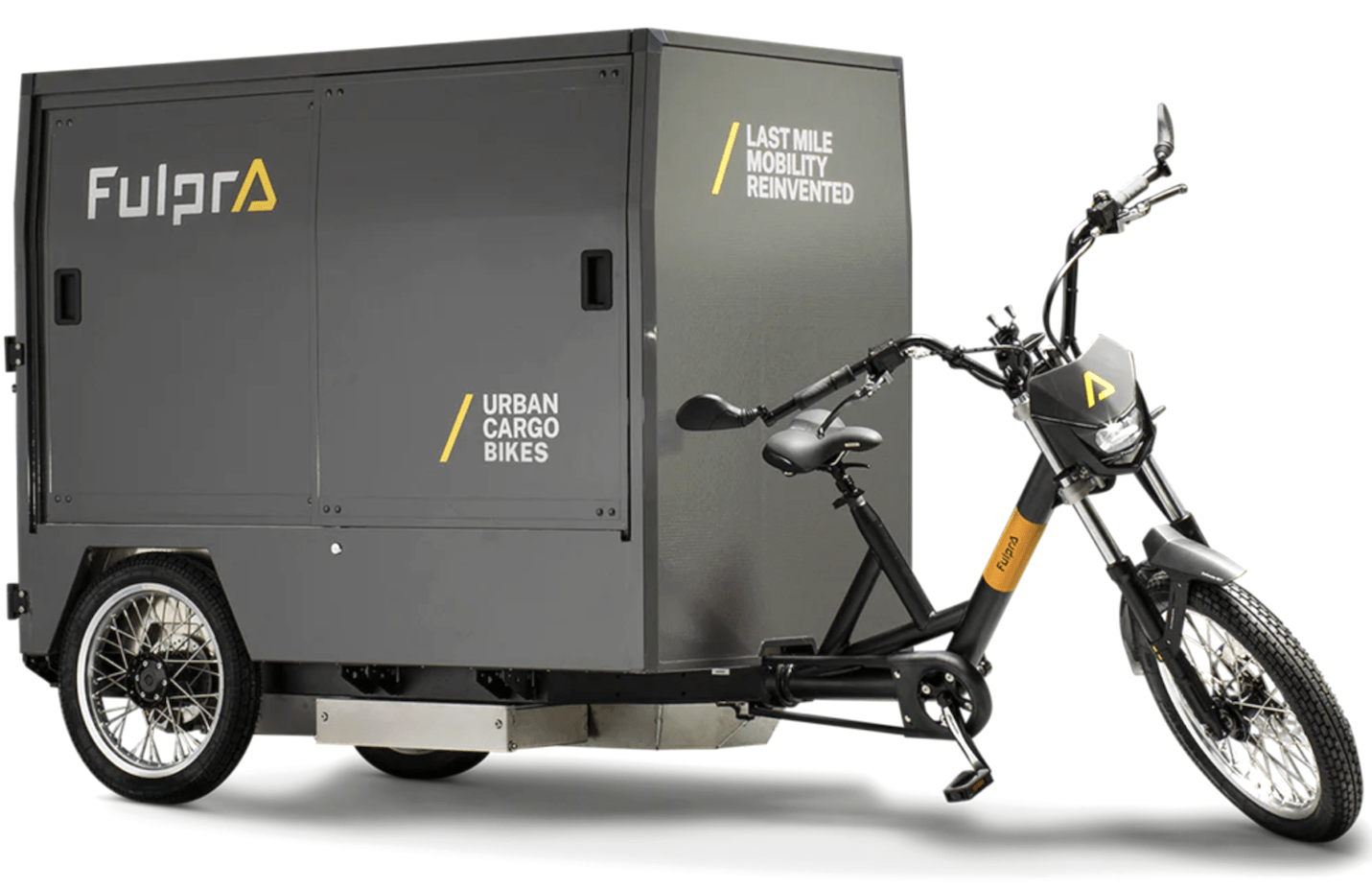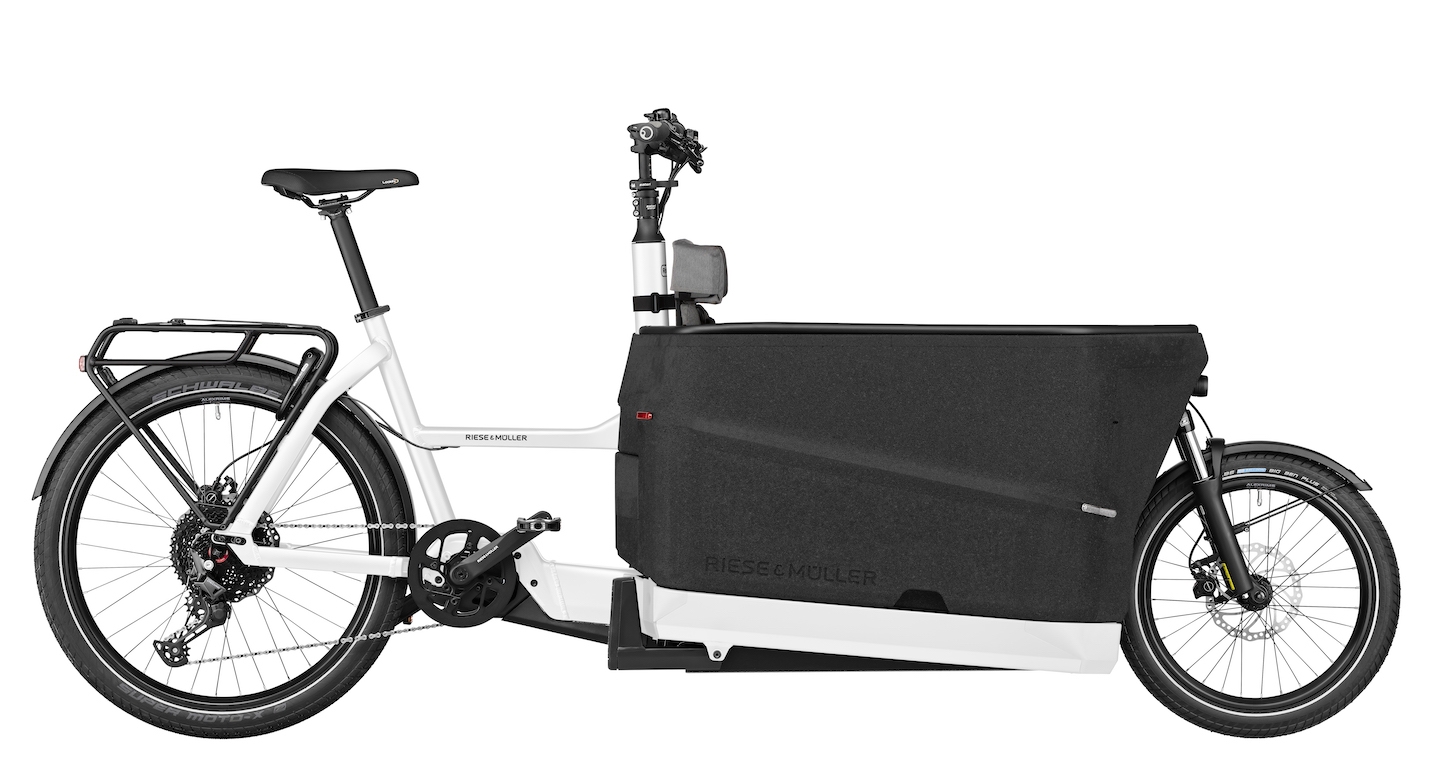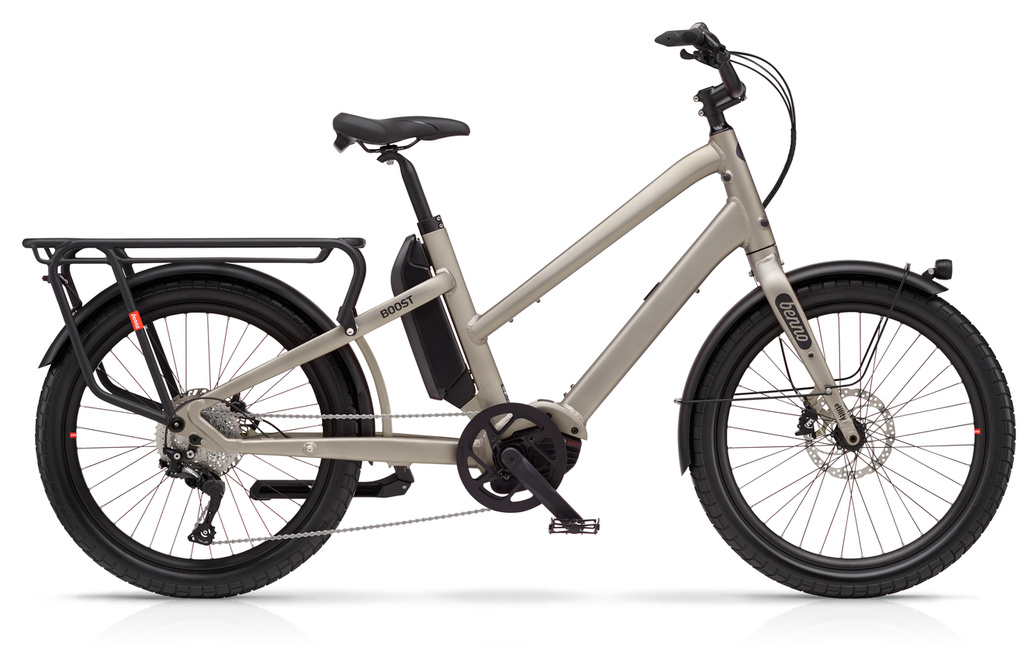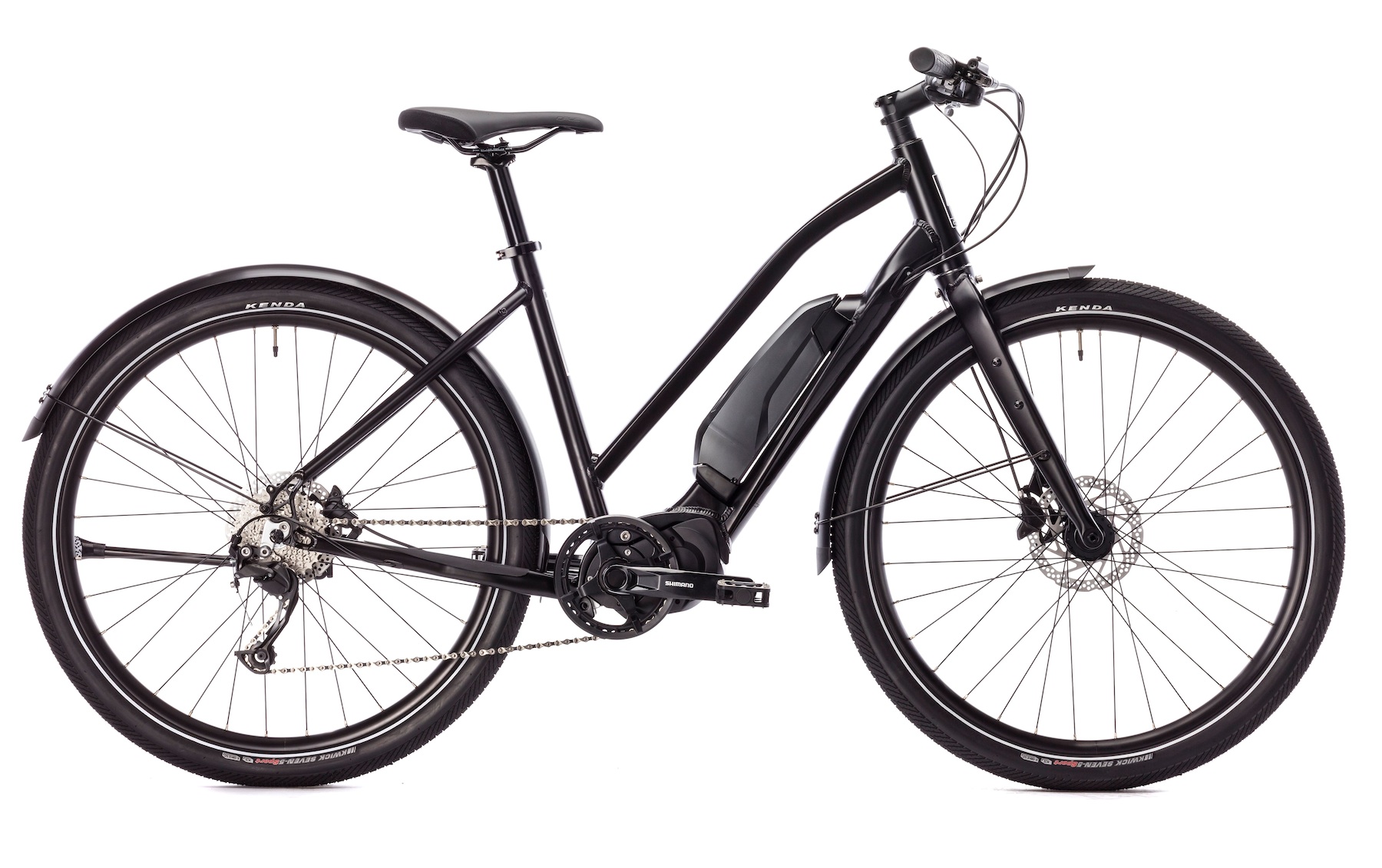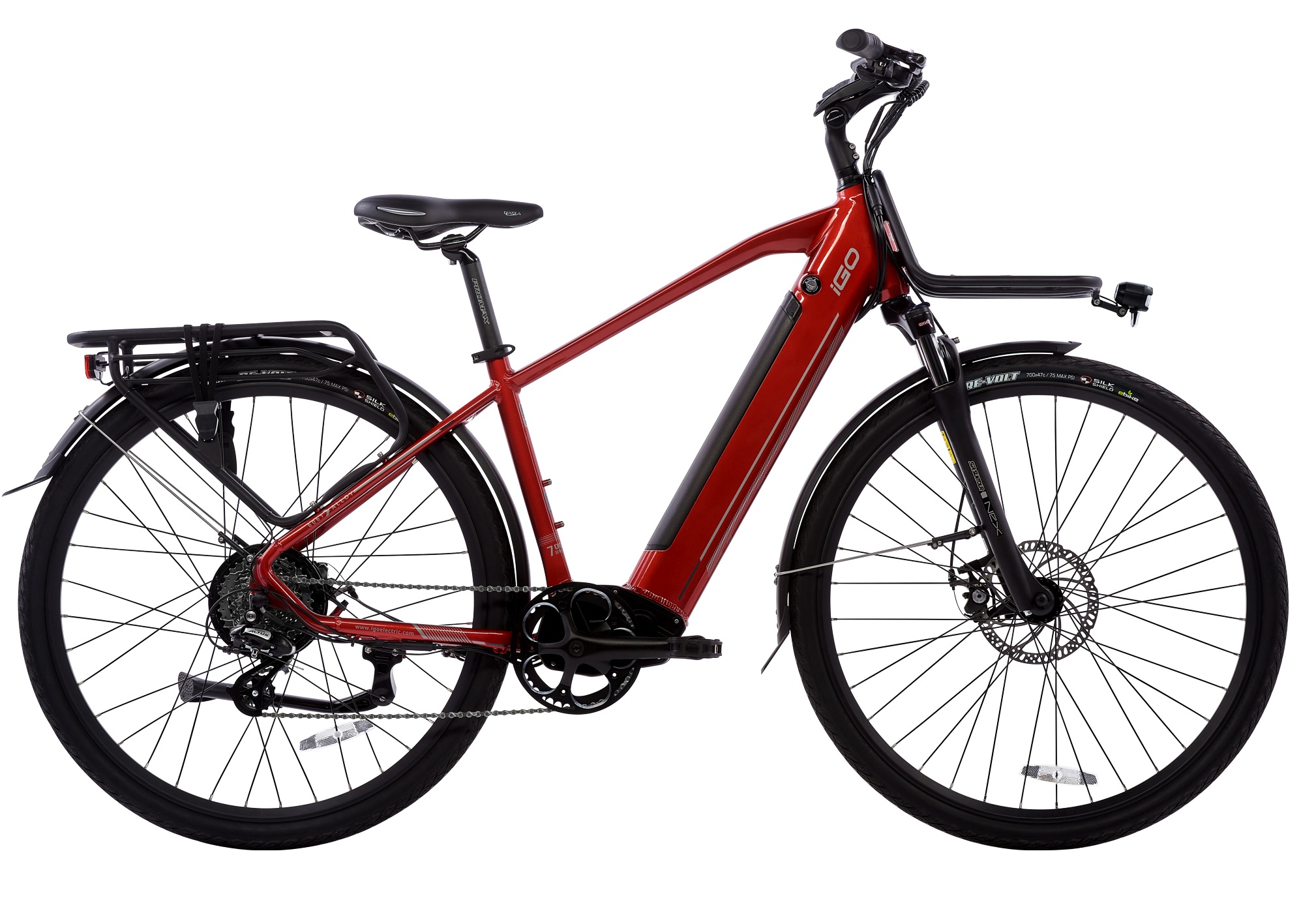October 13, 2023 - An electric bicycle is not covered by the obligation to insure motor vehicles because it is not propelled exclusively by mechanical power.

A cyclist riding an electric bicycle on a public road near Bruges (Belgium) was the victim of a serious accident: he was struck by a car and was seriously injured. He died several months later. In the course of the subsequent court proceedings concerning a potential right to compensation, a dispute arose with respect to the legal classification of the electric bicycle: should it be regarded as a ‘vehicle’?
In this case, the bicycle’s motor merely provided pedal assistance, including through the use of a ‘boost’ function. Moreover, that ‘boost’ function could be activated only after the use of muscular power (by pedalling, by walking with the bicycle or by pushing it). The legal classification of the bicycle in question is crucial in order to determine whether the victim was the driver of a ‘motor vehicle’ or whether he was entitled to automatic compensation as a ‘vulnerable road user’ under Belgian law.
Since the concept of a ‘vehicle’ in the relevant Belgian legislation corresponds to that in an EU Directive relating to civil liability in respect of the use of motor vehicles 1, the Belgian Court of Cassation decided to refer a question to the Court of Justice concerning the interpretation of that concept.
In its judgment delivered today, the Court of Justice notes, first of all, that the directive does not indicate whether a ‘vehicle’ must be propelled exclusively by mechanical power.
However, it observes that the directive refers to ‘motor insurance’, an expression which traditionally refers, in everyday language, to insurance against civil liability in respect of the use of devices such as motorcycles, cars and trucks which are propelled exclusively by means of mechanical power.
The Court also refers to the objective of the directive, which is to protect victims of road accidents caused by motor vehicles. That objective does not require that electric bicycles be covered by the concept of a ‘vehicle’, within the meaning of the directive.
Devices which are not propelled exclusively by mechanical power, such as an electric bicycle which may accelerate to 20 km/h without pedalling, do not appear to be capable of causing bodily or material damage to third parties comparable to the damage that may be caused by motorcycles, cars, trucks or other vehicles propelled exclusively by mechanical power, which can reach significantly higher speeds.
Read the full release here.




